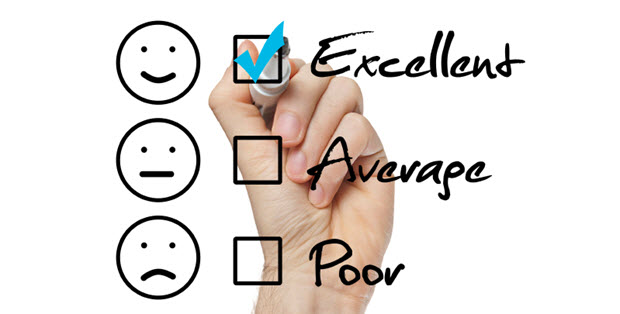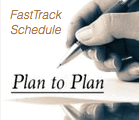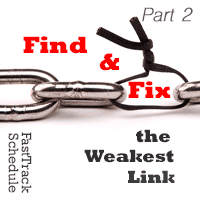 I would like to think that as the project is winding down I know whether my customer is satisfied with the implementation or whether they feel there have been some issues and concerns. I will also be the first to admit that I have been surprised both ways…so it is never a certainty.
I would like to think that as the project is winding down I know whether my customer is satisfied with the implementation or whether they feel there have been some issues and concerns. I will also be the first to admit that I have been surprised both ways…so it is never a certainty.
Staying on top of the project via status reporting and the project schedule is critical to keeping the project on track and keeping customer satisfaction high. However, there are always other factors that come into play – some you can control and some you never can. Some that you do have a lot of control over as a factor in stakeholder satisfaction include the softer skills of communication, customer service, and problem resolution. And really, as the project winds down you can hope you know how your customer feels about the project – or you can do the wise thing and go ahead and ask the tough questions. It’s best if you can gauge this throughout the engagement – but that isn’t always possible. However, it is definitely a very good idea – almost necessary, in my opinion – to regroup afterwards and discuss this topic with the customer and various stakeholders post engagement.
If the project is small with only a handful of stakeholders involved, hold one-on-one interviews to ask them their opinions on the progress of the project and project management processes. Or, consider creating a questionnaire to send out to your stakeholders and customers to determine their level of satisfaction with the project. This is different from an actual lessons learned exercised as here you’re not trying to document the good and the bad – you really want to understand the satisfaction level of those involved.
Here are some sample questions you can use in your interviews, or questionnaire, to determine stakeholder satisfaction. If you’re creating a questionnaire, I suggest providing them with a scale of 1 to 5, where 1 is not at all satisfied and 5 is very satisfied, or a similar scale.
- Are you satisfied with the level of involvement you had on the project?
- How satisfied are you that the status reports were clear and concise and contained enough information to determine project progress?
- Are you satisfied that the deliverable dates were met according to the final project plan?
- Do you think that problems were addressed and resolved in a timely manner?
- What is your overall level of satisfaction with the product or service of the project?
- Are you satisfied with the change management process?
- What is your overall level of satisfaction with the project management process?
- Overall, are you satisfied with the amount of information you received during the project regarding status, problems, and progress?
- Are you satisfied with the quality process used during the project?
Obviously you can – and should – tailor this questionnaire to your specific project, and always give the respondents room for free-form comments and feedback. But this gives you a framework example to start from.
You should also interview your project sponsor. Ask them the same questions you asked the stakeholders and also ask them about your working relationship. Were there things either of you could have done differently to help the project progress more efficiently? Were the communication channels open? Did they have enough information to report the status to executive managers and answer questions regarding the project when confronted?
Finally, don’t forget the team members. While some of the questions in the above list won’t apply to them, you should ask them how they think the project progressed. Were communication channels open between you and the team? Did they feel adequately informed of progress, changes, and new information? What do they think of the change control process? What do they think of the team effectiveness, and what are their suggestions for future team enhancements? All of this information will help you improve your next project if you take the time to analyze what they’ve told you and initiate changes where needed.
Summary
Every project is different. I have had troubling implementations where I knew we would finish successfully…eventually…but I assumed customer satisfaction was low, only to find that the customer was very happy with the project and excited about implementation. I have also had projects where I felt we basically hit on all cylinders only to find out at the end that the customer felt we let them down somewhere along the way and were less satisfied than I had hoped.
It isn’t a sure thing or an exact science, but customer satisfaction needs to be addressed…whether that is part of a lessons learned session with the customer or a separate discussion with the project sponsor and possibly other key stakeholders. But don’t avoid it – the things you will learn will make you a better project manager on the next engagement.



